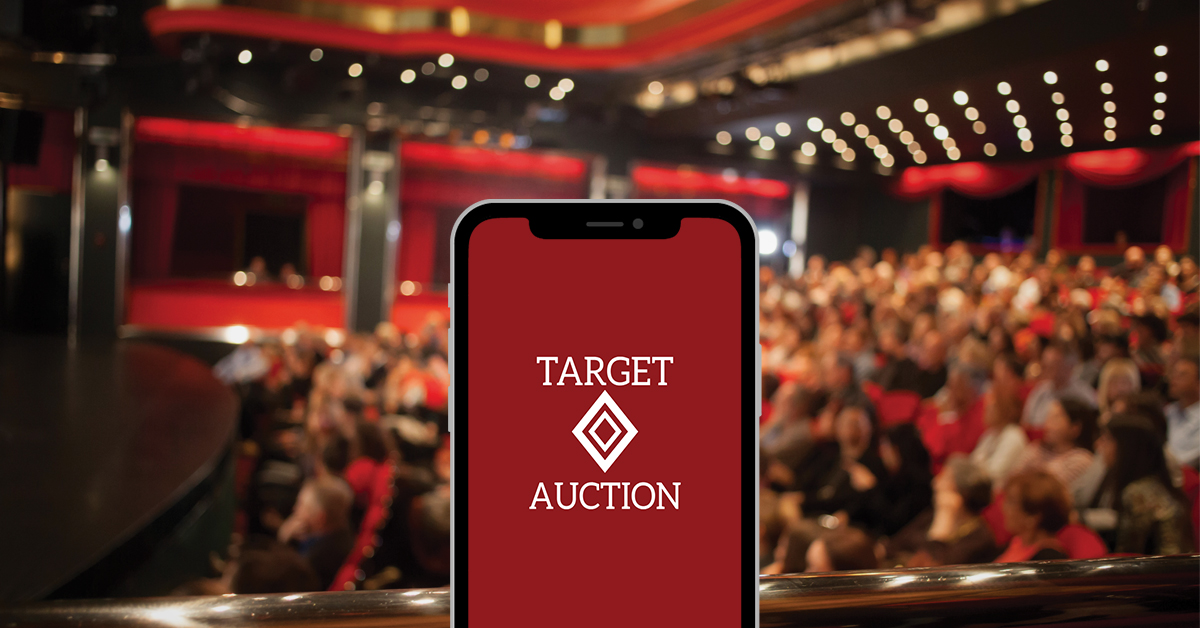Types of Real Estate Auctions & Bids

By: Erik J. Martin/Bankrate.com
Types of Real Estate Auction & Bids
Types of real estate auctions
There are various types of auctions, with rules and regulations surrounding participation. A real estate auction can be classified as one of three types: an absolute auction, a minimum bid auction or a reserve auction.
Absolute auction: This is a standard real estate auction, where each bid must be higher than the last — the auction ends when no participant bids higher than the most recent bid. The highest bidder is the one who acquires the property. Unlike other types of auctions, absolute auctions have no minimum bid requirement. This fact can work to a buyer’s advantage: A buyer might be the sole participant, for example, and can walk away with a steal.
Minimum bid auction: As the name indicates, this type of auction generally has a minimum bid amount that is the lowest price the seller will accept. If the minimum isn’t met, the house remains unsold. The amount usually also accounts for the auctioneer’s commission and the transfer tax (if taking place in a transfer tax state).
Reserve auction: A reserve auction is a combination of absolute and minimum bid, with a reserve price (minimum bid) set. If none of the bids meet that minimum, the seller can withdraw the property from auction.
Types of bids
There are two types of bids at real estate auctions: open, meaning bid amounts are out in the open and known to all participants, and blind, meaning bid amounts are kept secret. “In an open auction, every bidder knows what others are bidding,” Castle says. “In a blind auction, the bidders don’t know.”
Open-bid auctions can be conducted online or in person. With the latter, bidding often occurs at an auction house, courthouse, or city hall. Before participating, bidders must agree to the terms of the auction by completing the requisite paperwork or accepting an end-user license agreement, Castle says. A deposit is often required, and bidders must also verify their identity and demonstrate their authority over any legal entity (such as an LLC) that will take the title of the property, if applicable.
In a blind-bid auction, by contrast, a deposit is commonly submitted with the bid along with an agreement accepting the auction’s terms — all of which are usually enclosed in a sealed envelope. The bidder’s identification might be given to the party accepting the bid.
If you are interested in selling real estate, please allow Target Auction Company the opportunity to detail the benefits of our auction platform and provide you with a free consultation. We can offer the information and advice needed to make a sound decision regarding the sale of your property. We can be reached by email, at 1-800-476-3939 or visit www.TargetAuction.com.














